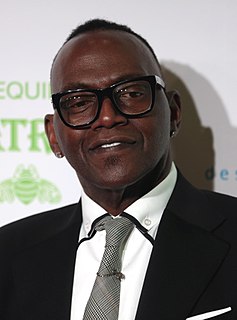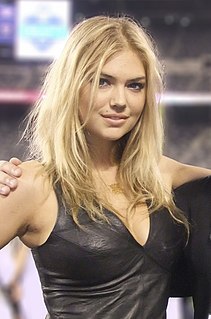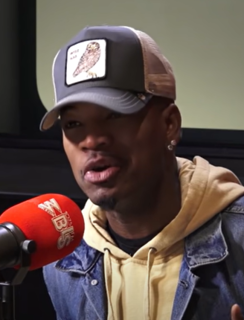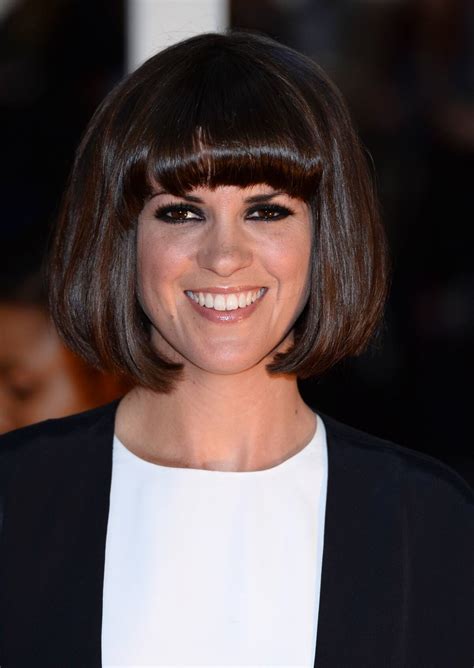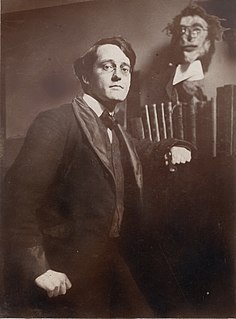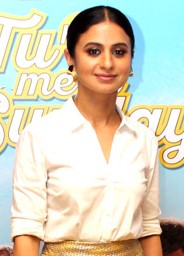A Quote by Kandi Burruss
As an artist, you're used to being in the public eye.
Quote Topics
Related Quotes
Now the expectation is that, once the public decides that the artist is gentrified, the public demands that the artist stop growing. And [the public] actually puts all their energy into reasserting or re-establishing what the artist has long ago left behind. Because that's what they want. The source of creativity, the gift that's been given, be damned.
For Sabina, living in truth, lying neither to ourselves nor to others, was possible only away from the public: the moment someone keeps an eye on what we do, we involuntarily make allowances for that eye, and nothing we do is truthful. Having a public, keeping a public in mind, means living in lies.
You have celebrities who are pushed to the brink of a public meltdown, and so the public thinks that every person in the public eye has dirty secrets that they're keeping, or isn't what they seem, or is masking it and faking sincerity, faking authenticity, faking being surprised at award shows when you win a Grammy.



